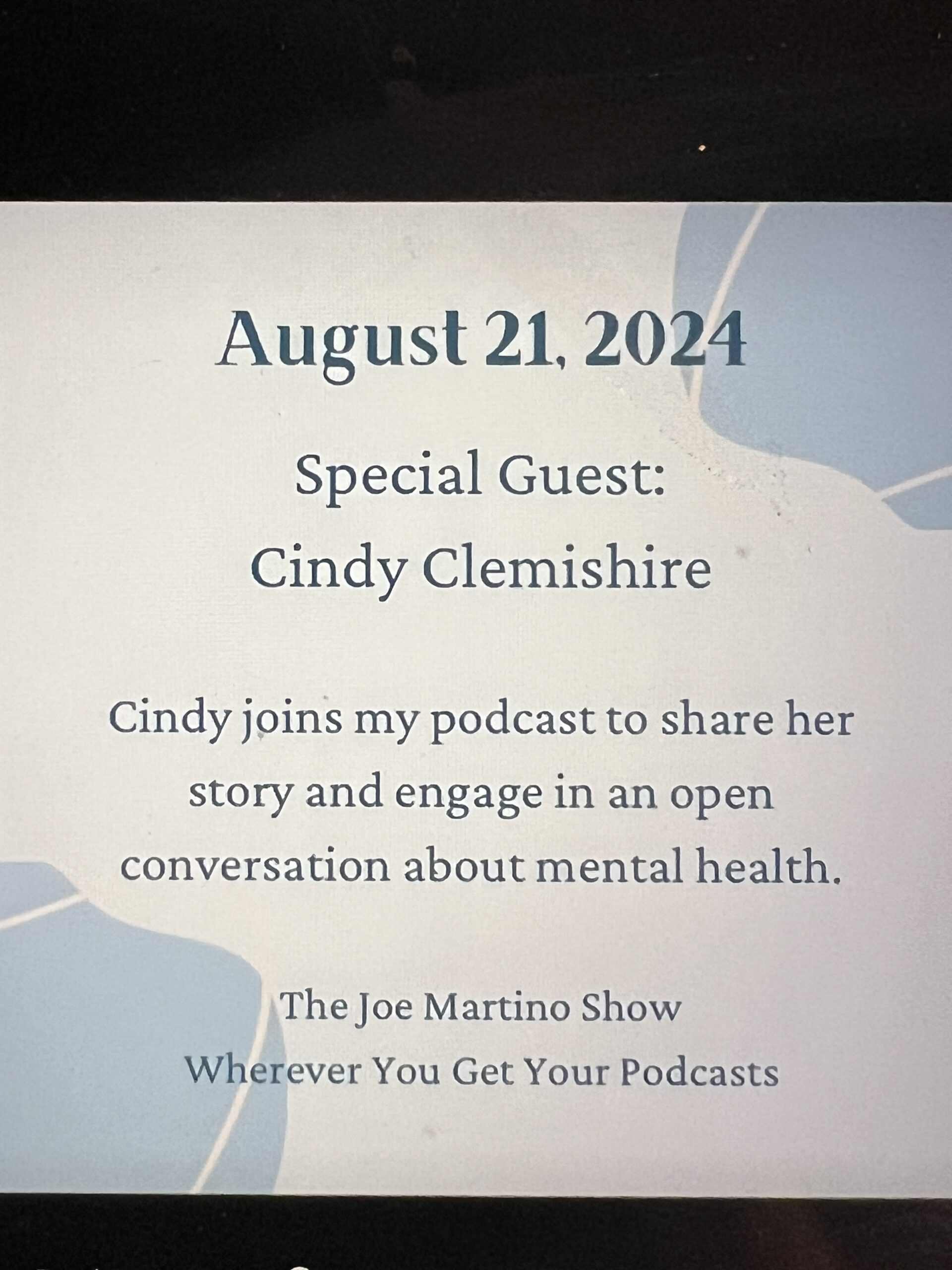Tomorrow, my interview with Cindy Clemshire will be published.
I’ve received feedback from some who question why I’m doing this interview, and a few have even suggested that I shouldn’t. I want to take a moment to explain why I believe this interview is not only important but necessary.
- Sexual assault is not a distant issue—it’s right here, among us.
In my professional life, I encounter the heartbreaking statistics of those who have been sexually assaulted, often as children. It’s easy to believe these things happen elsewhere, but the reality is far closer to home. I’ve sat with countless individuals who were assaulted by someone they trusted—often a youth group volunteer. I’ve also listened to confessions from volunteers who admitted to inappropriate thoughts or actions toward children in their care. This is not a distant issue. It’s happening right here, and we need to confront it. - Robert Morris didn’t confess the truth; he confessed to something less.
Some have told me, “Well, he confessed and made it right.” No, he didn’t. He confessed to “an inappropriate relationship,” and his wife called the victim, a 12-year-old girl, to forgive her for “seducing” her husband. Let’s be clear: either a child seduced an adult, or he lied to his wife, or his wife has some serious issues. This is not a confession; it’s a distortion. If someone commits a hit-and-run but only admits to speeding, they haven’t confessed—they’ve lied. This is what Morris did. He minimized his transgression and tried to spin it to his advantage. He didn’t confess; his victim came forward, and then the spin machine kicked in. - You know a Cindy—I guarantee it.
You know someone with a story like Cindy’s. Raising awareness is crucial because too many people believe that if we don’t talk about these things, they’ll simply disappear. That’s not true. Silence only allows the cycle of abuse to continue unchecked. By sharing Cindy’s story, we shine a light on what’s happening around us, often in the shadows. - We need to see this for what it is.
Robert Morris’s sermons were often blatantly manipulative. I recall the first time my wife heard him speak; I was home sick, and when she returned, we had a very spirited conversation about some of the things he said. As we listened to more sermons, the manipulation became clear. Yet, his church was thriving, and he was seen as a success. I hope this interview sparks more robust conversations about church leadership and manipulation.
This interview is not an attack on all churches or the Church universal. Nor is it an attack on anyone who supports RM. It’s an honest attempt to confront what happened, to acknowledge how it was mishandled, and to tell a true story that needs to be told. There is value in truth, and I believe this story will bring that to light.

